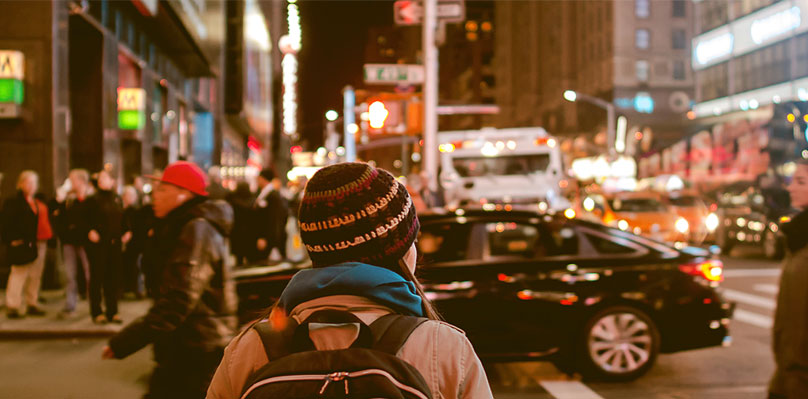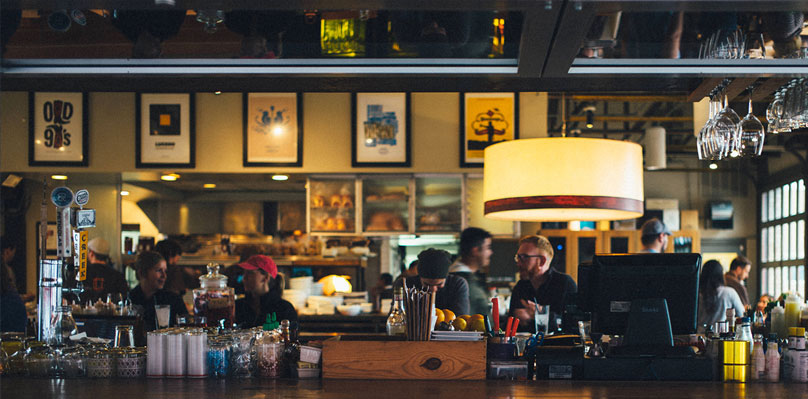You have no items in your shopping cart.


There are many options to move about in Buenos Aires.
- When hailing a Buenos Aires taxi on the street, try to only take cabs with the words ‘’Radio Taxi’’ written on them. They are supposed to be more secure, as they are affiliated with a radio taxi company rather than independent drivers.
- Strong rainfall in the city usually blocks some of the Buenos Aires Subway Network (Subte) lines, meaning stations can be closed, which creates more traffic on the roads. It is better to wait until it clears up, especially if you are travelling during rush hour (9am - 11am and 6pm - 8pm).
- Be careful when paying for taxis with an ARS$100 note. A dishonest cab driver can skilfully switch yours for a fake one, claiming that the counterfeit note is yours and refusing to accept it. Ultimately, the cabdriver ends up with your genuine ARS$100 note plus the extra money you will have to come up with for the ride.
- Avoid taking taxis just outside of Buenos Aires´ airports, Ezeiza (EZE) / Ministro Pistarini International Airport and Aeroparque (AEP), as there have been cases of robbery by fake taxi drivers. If you haven't managed to book an airport transfer service before your trip, then ask for an authorized service at the official taxi stand at the airport arrivals gate.
- Be careful when crossing the road as stop signals are generally ignored in Buenos Aires and pedestrian crossings are often not respected by drivers, so don’t assume that a car is going to stop to let you cross the road.
- Public transport in Buenos Aires is generally safe and reliable. Buses run 24 hours, while the subte subway closes at around 22:30. There is no extra fee for public transport on weekends or holidays.
Book now your roundtrip transfer to the Airport Ezeiza!

Enjoy a good restaurant "parrilla" in Buenos Aires
- Even though Buenos Aires is a big city, small neighbourhood kiosks and stores are usually closed from 14:00 till 16:00 to allow the owners to take a siesta. Be sure you are prepared and don’t need anything important during these hours.
- Restaurants charge each person an extra fee for servicio de mesa (table service) that can vary between ARS$10 to $19 for the bread and the extra service you get before your meal, depending on the quality of the restaurant.
- Tipping is not mandatory, but is always well received. It is customary to give between 10% and 12% and in many places the tip is only accepted in cash.
- After ordering your meal, you should expect to receive bread and local home-made sauces like chimichurri or salsa criolla. These are included in the table service.
- Many small stores and restaurants don’t accept credit cards and if they do, you will be usually charged with an extra 10%. In order to avoid any misunderstandings, always ask if they accept your card before you order.
Enjoy our Gastronomic Tour in Buenos Aires!

Walk around Buenos Aires, the city is full of typical streets
- Weekends are the best days for sightseeing in Buenos Aires as most of the tourist attractions, parks and central avenues are full of craft markets, street concerts and other cultural activities.
- Keep your valuable personal belongings out of sight in your hotel or hostel, just to be on the safe side. Always make use of the in-room safe, if available, to store your valuables.
- Always keep your handbag and camera on your lap when sitting outside a café or restaurant, not on the ground or the table. Remember, thieves usually act quicker than you can react! If luck´s not on your side and you find yourself the target of a robbery, give the muggers what they want and don’t put up a fight; no cell phone, credit card or any other item is ever worth more than your personal safety.
- When booking a hotel or buying a package deal in Buenos Aires, note that most Buenos Aires tours and activities don´t include pick-up from hotels outside the downtown and Recoleta areas. Many tour operators also exclude apartments from their pick-up routes. Consult a map and don´t put absolute faith in statements such as "just a 10-minute ride on the subway from downtown", as roadworks or other subway service interruptions can make moving around the city slow and difficult at times.
- If you see the streets are closed and you hear the word "piquete" it means there is a strike, very common social practice and part of porteño daily life. You can find strikes on any corner and, as it is considered a civil right, traffic can be stopped even if there are only 10 people fighting for their rights. The biggest strikes take place along Diagonal Norte, the street that connects the Obelisk with Plaza de Mayo, or between the Congress Square and Plaza de Mayo. Usually strikes are loud but controlled, nevertheless as a traveller you should avoid getting involved, as sometimes things can get a little out of hand!
Discover Buenos Aires in 36 hours!
